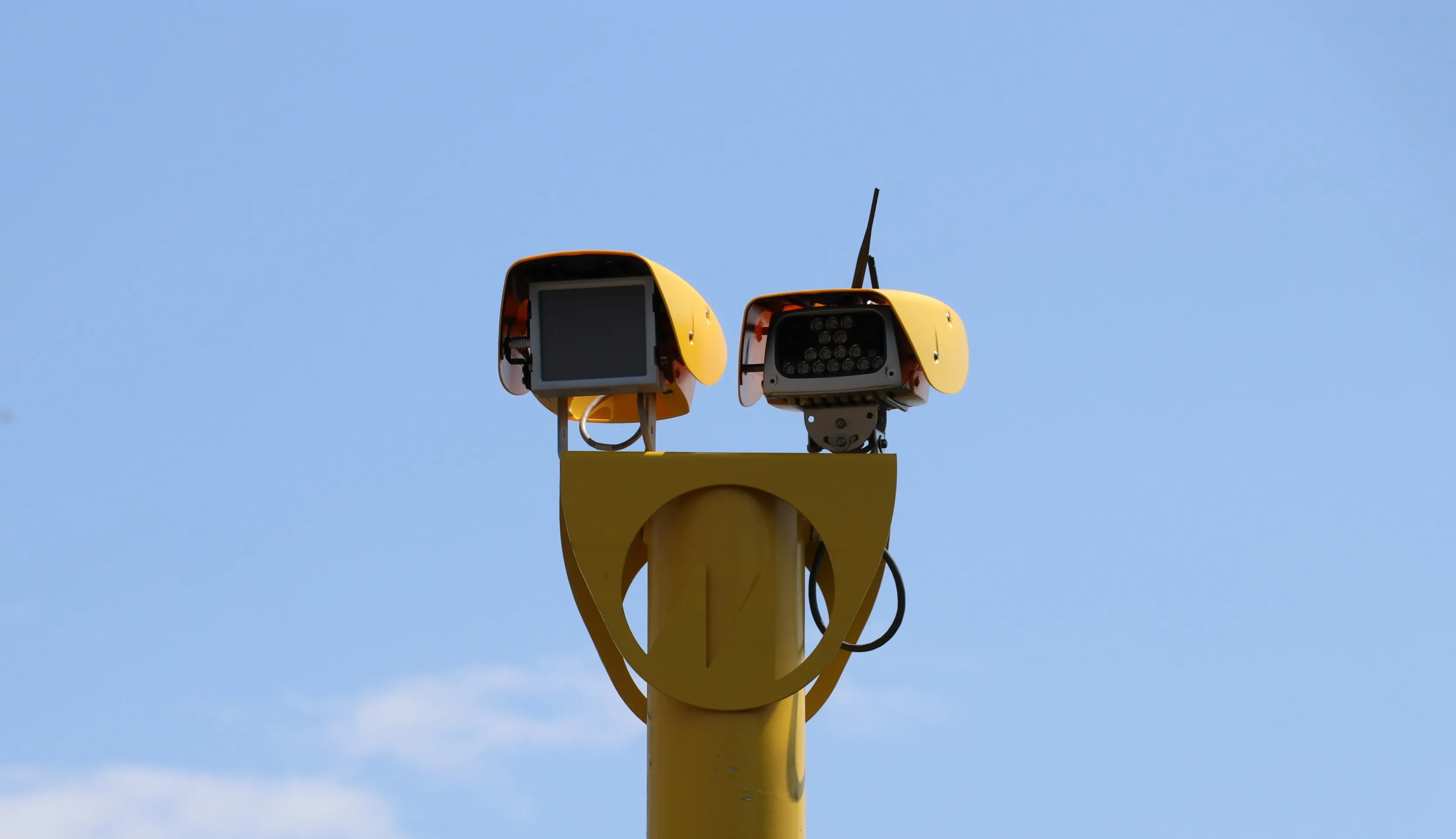
Jenoptik has signed a contract with Transport for Greater Manchester (TfGM) in the UK to upgrade 90 spot speed cameras with the Vector SR traffic enforcement system and undertake a five-year maintenance agreement.
The ANPR-based system allows 24/7 bi-directional enforcement and does not require in-road sensors or painted secondary check marks, and there is no visible flash due to its infra-red technology.
It is used to capture spot speed or red light and speed-on-green offences - the manufacturer says its lightweight design means it can be installed on "a wide array of columns and mounting positions, making it suitable for urban, rural and highway implementations".
Jenoptik UK sales director John Piper says: “Seeing TfGM deliver such a major technology upgrade of its roadside enforcement sends a clear signal that those with a responsibility to deliver safer roads see just what a difference these cameras make.”
Superintendent Gareth Parkin of Greater Manchester Police’s Safer Transport Team said the new and upgraded cameras "will ensure that drivers adhere to road speeds and do not engage in reckless or anti-social driving”.
Most cameras are located on Bee Network active travel routes, which comprises bus, tram, cycling and walking.
TfGM is planning to introduce average speed camera checks in the second phase of its enforcement upgrades.









